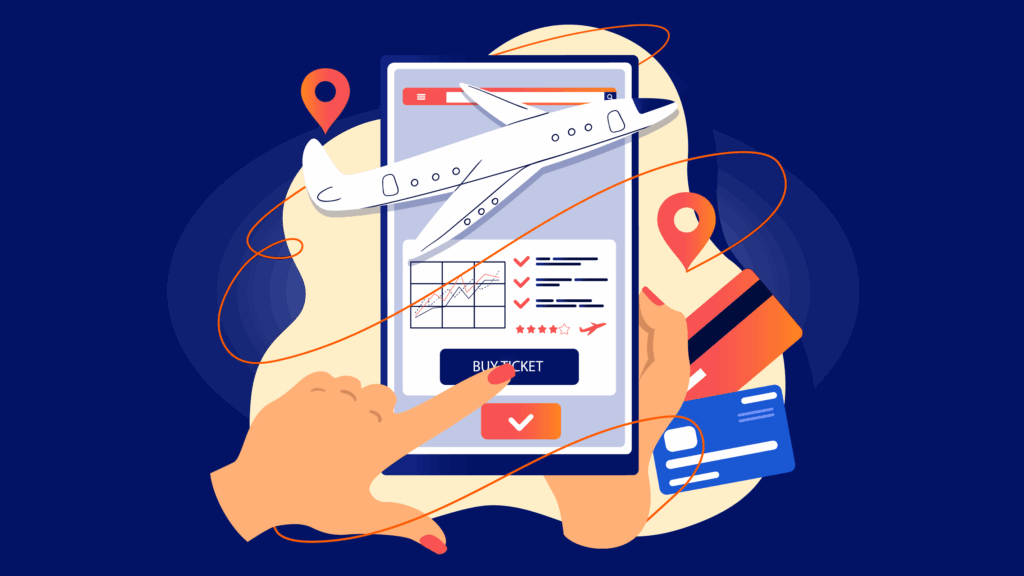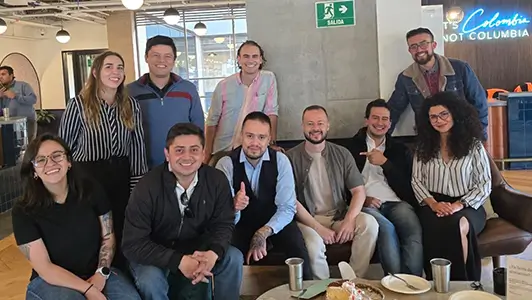Customer expectations are constantly evolving. In the travel and hospitality industry, especially for travelers without loyalty status, the experience has become largely commoditized. Many companies offer essentially the same product under different brand names, and in this environment, cost often outweighs brand affinity.
To stand out, companies must go beyond traditional reward programs and differentiate themselves through unique, personalized experiences. The opportunity is clear: businesses that leverage their data to understand and anticipate customer needs can drive deeper loyalty, increase repeat visits, and grow revenue.
The promise of AI-powered personalization
Generic, one-size-fits-all services no longer satisfy modern travelers. Today’s customers crave tailored, meaningful experiences that reflect their preferences and context. The good news: travel and hospitality organizations already hold vast amounts of customer data. The challenge is converting that data into action.
AI enables this transformation by unlocking predictive insights and automating real-time personalization at scale. Imagine a hotel where the room temperature is adjusted before arrival, a guest’s favorite drink is waiting, and their preferred entertainment is queued up, without a single request. These moments are memorable not because of luxury, but because of relevance.
Predictive tourism: creating memorable moments
On a recent trip, one hotel left a birthday card and drinks in the room upon arrival. I don’t recall the thread count or the mini shampoo brand, but I remember that gesture. That moment turned a standard transaction into a brand connection.
This is the essence of predictive tourism: anticipating needs before they are articulated. AI helps make this possible by analyzing past travel behavior, search patterns, social media activity, and more to infer preferences. The result? Personalized touchpoints that move a traveler’s decision-making beyond just cost.
Maximizing and connecting customer touchpoints
Personalization starts with data, and data starts at the touchpoints. Each interaction, from website visits and upgrades to in-app activity and call center interactions, contains signals that can help businesses better understand their customers.
To capitalize on this, companies must:
- Evaluate each customer interaction to ensure relevant data is being captured.
- Link cross-channel activity (e.g., web searches for upgrades + loyalty account data).
- Use this data not just for reporting, but to actively shape the customer experience.
The ultimate goal is to unify this information into a comprehensive view of each customer.
Entity resolution: building a unified customer profile
One of the biggest barriers to personalization is disconnected data. Reservation systems, loyalty programs, surveys, and social platforms often contain fragmented customer records. Entity resolution solves this by linking multiple data points to a single identity.
Techniques include:
- Deterministic matching: Exact field matches (name, email, etc.) – often sufficient for airline systems.
- Probabilistic matching: Statistical correlation of similar-but-not-identical data (e.g., Rob vs. Robert).
- Machine learning: Pattern recognition to identify related records across inconsistent formats.
Entity resolution creates unified profiles that form the foundation for hyper-personalized experiences.
Operationalizing data: from insight to action
Collecting data from each customer touchpoint and creating a single view of the customer are powerful concepts. Having accurate, complete customer records enables your organization to build advanced AI models that segment customers, predict ancillary purchases, create targeted marketing, and deliver many more personalized interactions.
But none of this matters unless those insights are actionable. The personalized experience is ultimately driven by putting this data into the hands of your operations teams. Frontline employees need access to relevant information—and the authority and guardrails to use it to shape better experiences in real time.
For effective AI personalization implementation, companies should:
- Establish a robust data infrastructure: Aggregate data from all customer interaction points.
- Empower employees with access: Equip frontline staff with real-time insights to personalize interactions.
- Implement process guardrails: Ensure teams have the tools and governance to use data responsibly.
Advanced AI models can now segment customers, predict ancillary purchases, and personalize marketing, but only if organizations are prepared to act on the insights.
Responsible AI: trust as a differentiator
While AI offers tremendous potential for personalization, it’s important to address the ethical considerations. Data privacy and transparency are paramount. Travelers’ data is essential for AI to create custom travel itineraries and experiences, but this data must be collected and used responsibly. Companies must be transparent about how they are using AI and ensure that customers have control over their data.
To ensure ethical AI practices, companies should prioritize:
- Data Governance: This includes implementing data anonymization techniques, differential privacy, and data minimization to protect user identity and minimize the risk of data misuse.
- Algorithmic Fairness: Companies should use fairness metrics to detect and mitigate bias in AI algorithms. Training AI models on diverse datasets and applying human oversight can help ensure fairness and avoid discriminatory outcomes.
- Transparency and Explainability: Companies should be transparent about how they use AI and provide clear explanations of how AI systems make decisions. This includes disclosing data usage, using explainable AI tools, and giving users control over their data preferences.
According to industry reports, 50% of consumers trust companies that only request relevant data. Privacy and relevance are not at odds—they are interdependent.
The path forward: differentiation through relevance
AI-powered personalization is no longer a futuristic concept; it’s a reality that is transforming the travel and hospitality industry. Companies that succeed in delivering meaningful, data-driven guest experiences will capture loyalty and profitability in a saturated market.
The leaders in this space will be those who:
- Unify customer data across silos.
- Empower their teams to act on insights.
- Design for personalization at every operational level.
- Operate with transparency and ethical integrity.
Pariveda has deep experience helping travel and hospitality organizations build AI-powered data platforms and operationalize them across business functions. Let’s talk about how you can move from possibility to personalization.



















